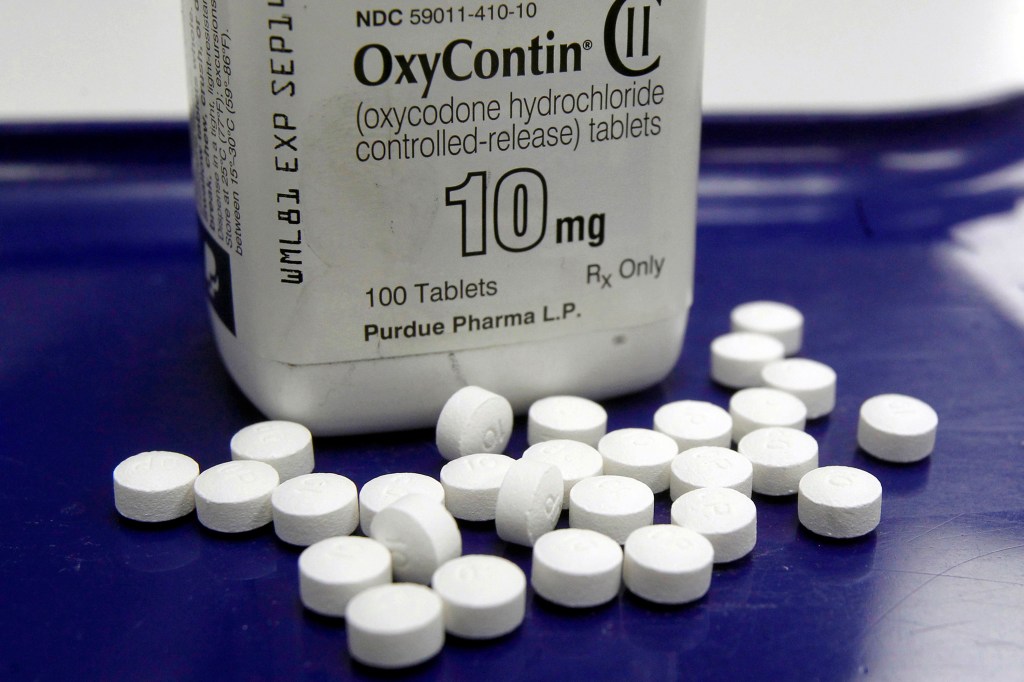The Supreme Court Thursday overturned a landmark multi-billon dollar settlement with a drug company blamed in the opioid crisis and blocked an Environmental Protection clean air initiative as its end-of-year flurry of decisions continued.
The top court also nixed a Security and Exchange Commission tribunal in a move that critics said could hobble financial and perhaps other forms for federal enforcement as well.
The justices voted 5-4 to upend a $6 billion settlement between family-owned Purdue Pharma and a group of state governments and victims who blamed the drug company for much of the opioid crisis.
The ruling forces all parties to go back to the bargaining table to come up with.a new settlement formula, a tangled process that could take years.
The court said the settlement improperly shielded members of the Sackler family from being held personally liable from future suits when not all the victims who sued agreed to that provision.
Purdue declared bankruptcy in 2019 as it faced a flood of lawsuits claiming that the company helped fuel the crisis by the marketing of its blockbuster pain medication OxyContin.
Both the company and lawyers for the victims slammed the ruling, saying it will likely delay or prevent victims from being properly compensated.
In the EPA case, a divided court voted 5-4 to block a series of rules regulating air pollution from going into effect while a group of Rust Belt states and industry groups sue to block them.
The conservative majority held that the anti-smog “good neighbor” regulations, which proponents say could save tens of thousands of lives, may not be implemented until the case is resolved, suggesting it thinks the suits will be successful.
It’s the third time in recent years the court has struck down key federal environmental rules,
Liberal justices questioned why the top court was hearing the case before the case is heard by an appeals court and long before rules even go into effect.
The SEC case involved a claim that Congress exceeded its power by authorizing tribunals with power to penalize those it finds broke financial rules.
A 6-3 majority including all of the conservative justices said that only a jury could impose such penalties after a trial.
Liberal justices countered that the ruling was part of an effort to dismantle the federal government’s ability to enforce laws and could have much farther-reaching effects on several crucial regulatory agencies.
The court announced more rulings would be released Friday and Monday, an unusual July session. It’s expected to decide a key case involving Jan. 6 attackers and former President Trump’s claim for blanket presidential immunity.
